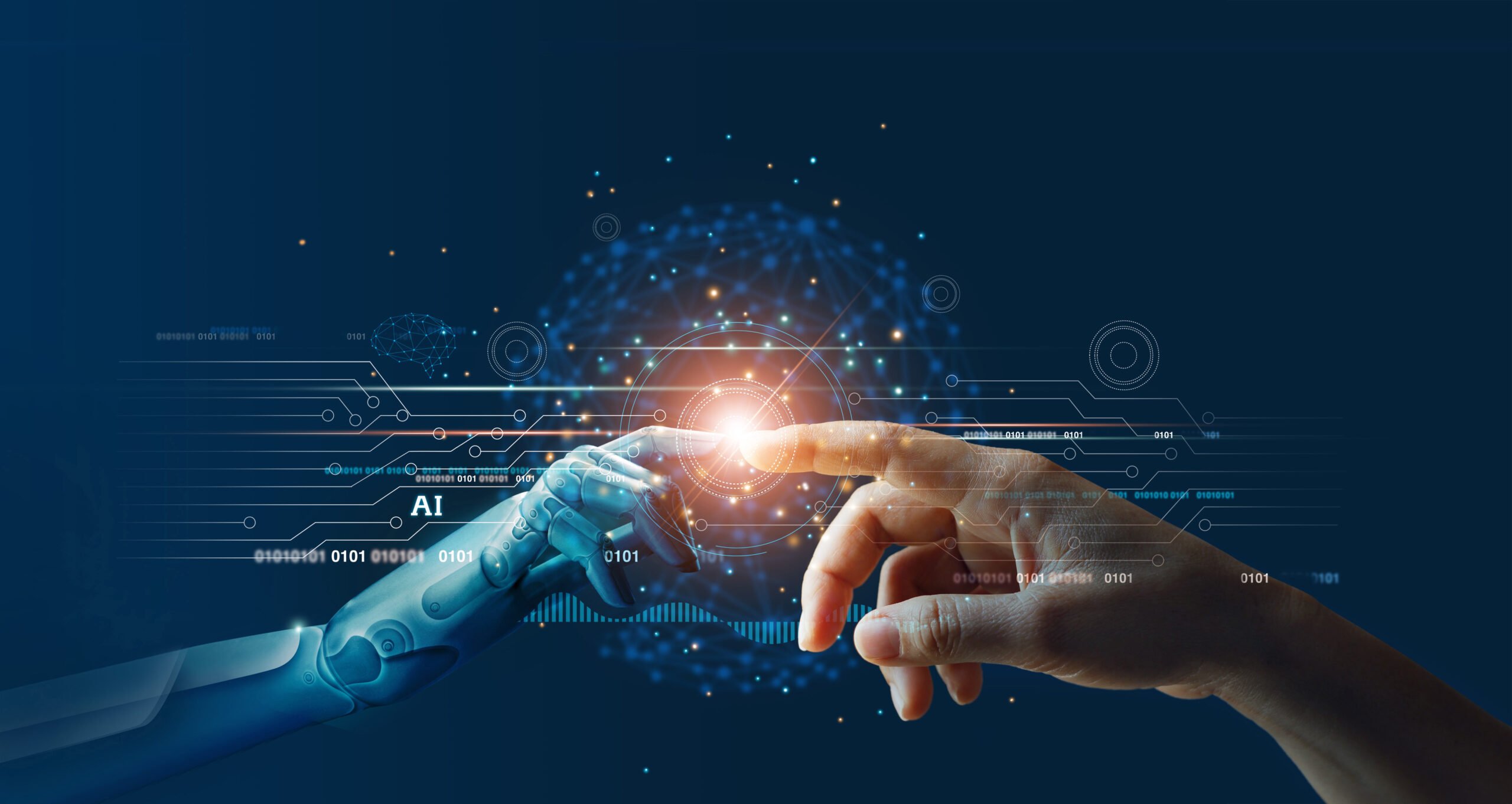NEWS & INSIGHTS | Opinion
Technology to drive a more green and digital future

I had the opportunity to attend and participate in the Green Skills Conference (24 November), hosted by The Scotsman, in Edinburgh – the first time I had attended an in-person event in nearly two years. The event was a fantastic opportunity to discuss the challenges of green skills in Scotland. But what are ‘green skills’ I hear you ask?
The UN Industrial Development Organisation describes “green skills” to be skills or knowledge, ability, values and/or attitudes to live in, develop and support a sustainable and resource-efficient society.
The need to transition towards a more environmentally sustainable source of energy has become a top priority, globally: for both developed and developing countries. This transition to a low-carbon economy needs systemic changes. We are going through a structural shift in industry and society – expedited in some ways due to the COVID-19 pandemic which has accelerated the use of and reliance on technology and has driven the agenda on reducing emissions. To deliver this, a demand for “green” skillsets has grown in recent years.
The topics during the Green Skills Conference were wide and involved participants from sectors such as agriculture through to skills development in education, equality driven research and the energy industry. This was great in providing a mix of perspectives and high-quality discussions. A personal surprise was finding out that the Scottish Whisky Society is a leader in championing Industry Environmental Strategy since 2009, focusing heavily on sustainable development, most recently aligned against the UN sustainable development goals (SDGs). The idea of “green” whisky would be a neat story for Scotland!
Success in overcoming the challenges in delivering green skills in Scotland, relies on a couple of key points:
- Inclusion – creating diversity in the skills marketplace will only aid in accelerating innovation and deliver the energy transition at scale and speed, which we need
- Incentives and provided support – it takes time to develop the skillsets we need through the supply chain. Incentives and support from both government and business is important to enable people to upskill and re-skill.
Focusing on the role of digitalisation in the industrial sector; upskilling plays a key role alongside the needs for new skills. Digitalisation looks to utilise artificial intelligence (AI), automation to optimise operations: reducing emissions and increasing efficiencies. AI in the energy transition is a tool to equip people with the ability to improve decision making and free up staff in the low value tasks to do more. However, I believe it is important to note that AI cannot replicate experience, diversity and ingenuity that people bring to the table.
The main benefit of creating “smart systems” through AI is the carbon impact reduction of that process or task; less time, materials, energy or less of a human footprint to complete that task. Opportunities are endless with smart systems or internet of things for which we need digital skills and what we frame as green skills. Digital skills now are possibly more about broadening interest and creating adaptability in your people and processes. And having the view that it’s not limited to a certain area but seeing benefit across your whole business or organisation. It’s not about replacing people but actually arming them with tools and skills to increase their workplace potential.
The challenges we face in this focus area is the lack of consistent knowledge sharing between sectors, lack of consistent information and insight into learnings made by businesses and where they might be in their own transformation strategies. To resolve this would mean less duplication of work and faster transformations.
The Net Zero Technology Centre is creating pathways to resolve these challenges by focusing efforts on knowledge dissemination and cross collaboration hosting joint industry events with partnership with organisations such as ORE Catapult, ORCA Hub and the Technology Leadership Board.
The conference discussions have made me reflect on the many opens questions that continue to challenge us further:
- Use of data effectively: are we utilising data to its full potential to aid the transition?
- Do we have satisfactory mechanisms in place to ensure that inequalities don’t increase during this fast transition?
- How are we maximising everyone’s potential to contribute to the transition?
- Are “green” jobs being correctly marketed to ensure thought diversity and capturing trapped potential?
We have a lot to do in order to deliver a just net zero transition, but I am buoyed by the forward-thinking collaborations that are happening to ensure we give it our best shot.
Subscribe for the latest updates


